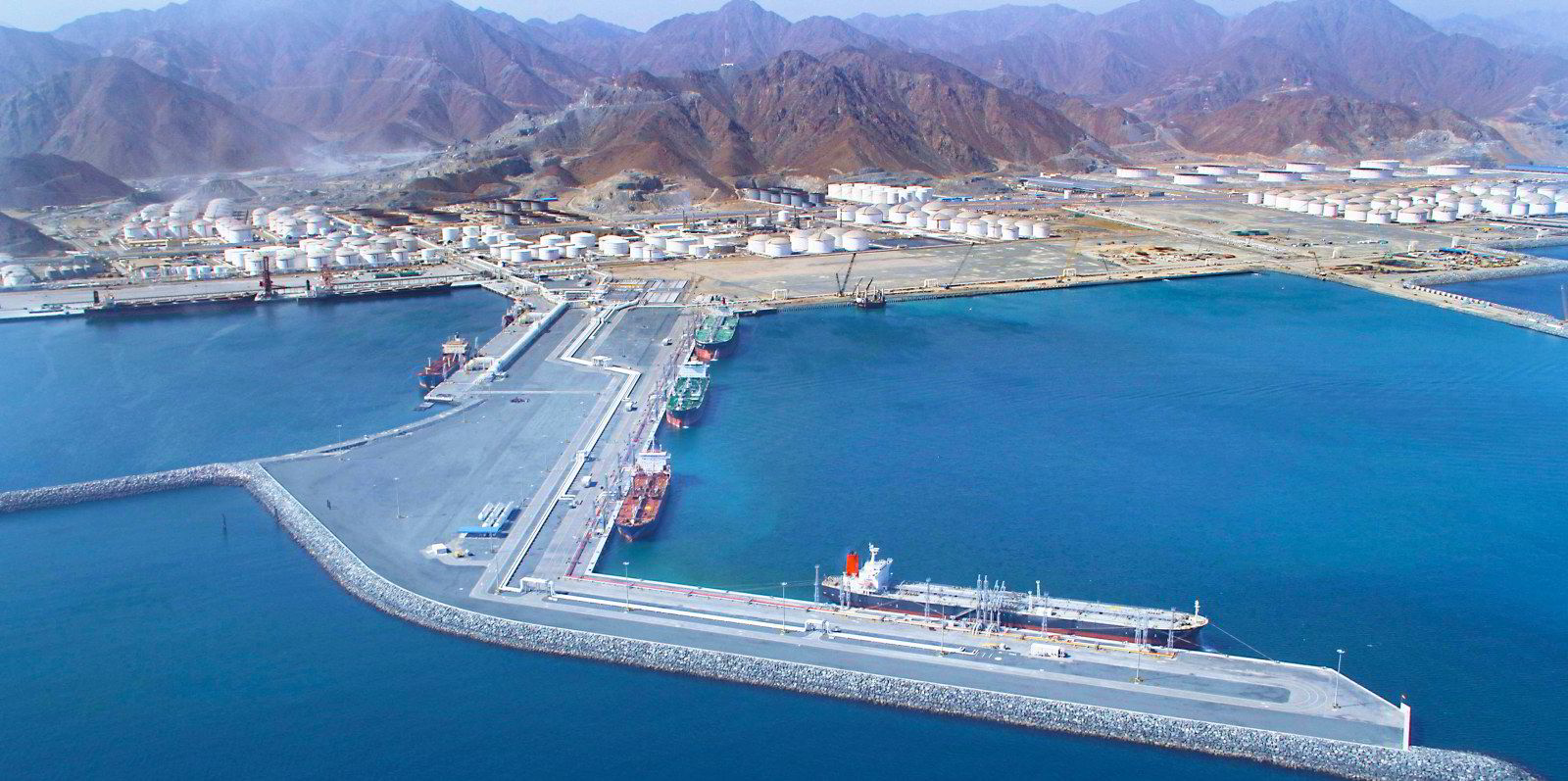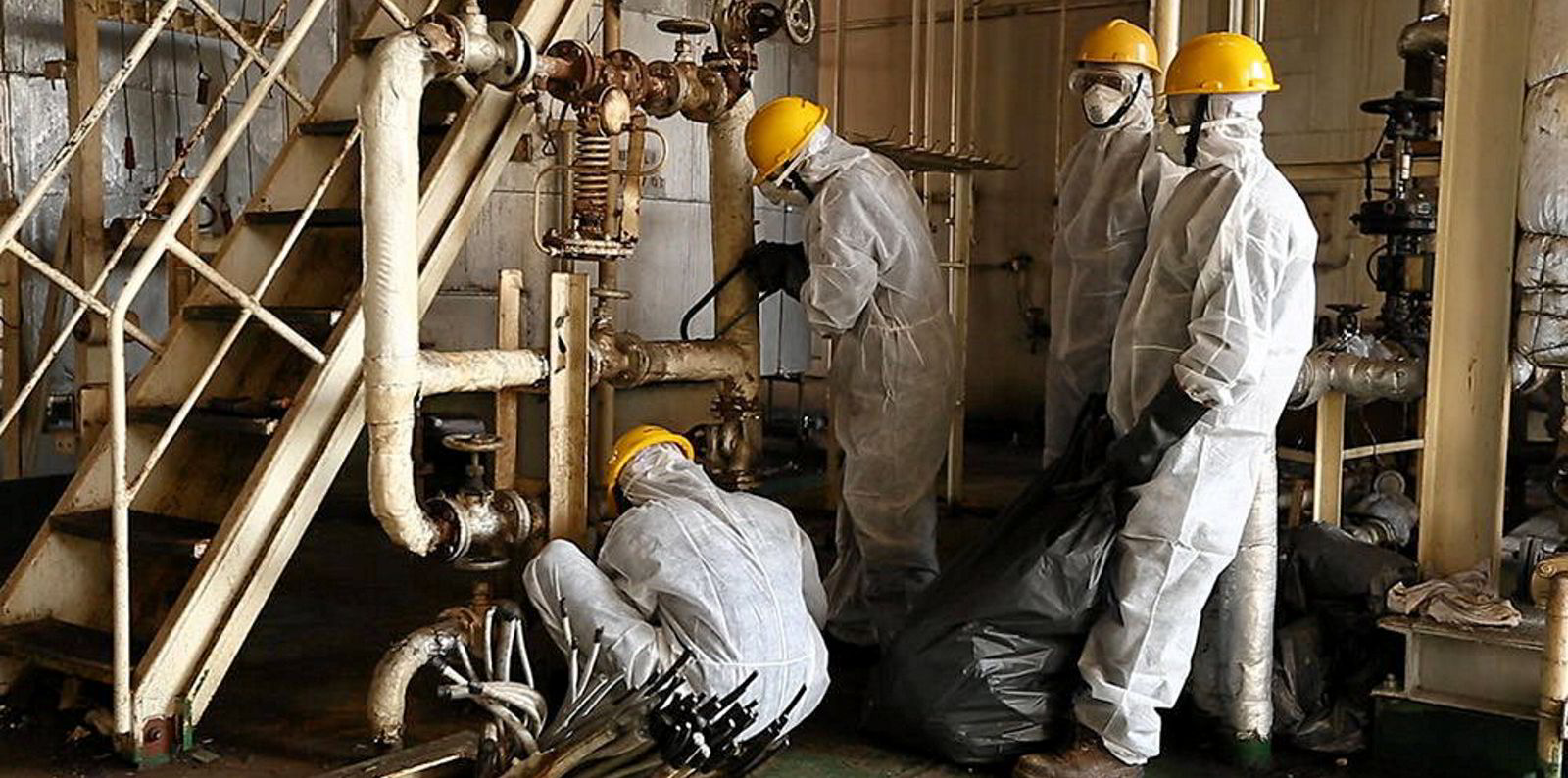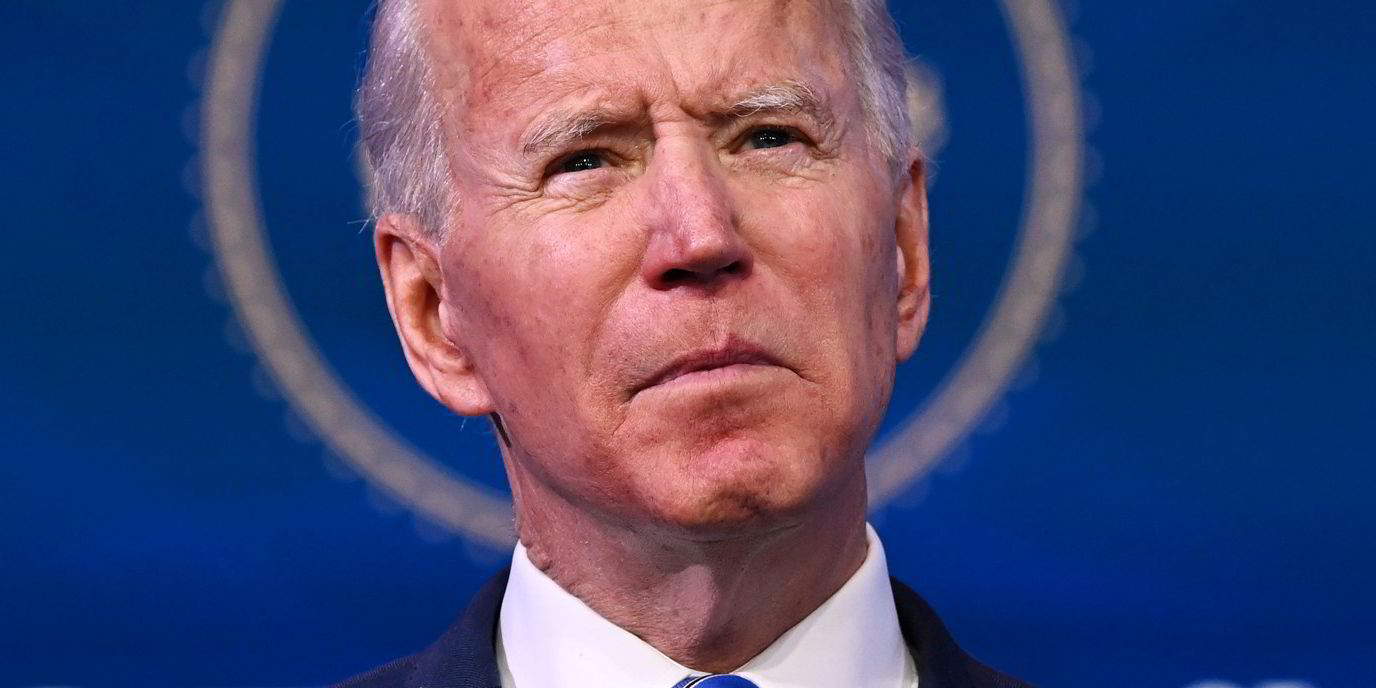This will be a transitional year full of uncertainties for the tanker market, where the focus will gradually shift from floating storage to oil flows, according to a senior consultant.
In the Platts European Oil Storage Virtual Conference held on Thursday, Maritime Strategies International director Tim Smith said both oil and tanker markets are slowly rebalancing from the disruptions created by the Covid-19 pandemic.
Since last March, charter rates for tankers have largely been rising and falling in line with the amount of oil stored at sea.
Tanker rates reached all-time highs in the second quarter of last year amid unprecedented oil oversupply, prompting large storage requirements, but the fortunes quickly turned as major producers reached a supply cut agreement.
Rise and fall of floating storage
“We have seen floating storage drop dramatically particular from the second half of last year ... returning tonnage back into a market where trade volumes have dropped considerably,” Smith said.
Kpler data shows nearly 159m barrels of crude and refined products in floating storage during the week beginning on 18 January, down from a record 364m barrels in June.
The development has come in parallel with weakening tanker market conditions, with some owners theoretically facing negative returns this month.
Floating storage will remain a market driver in the first half of this year before the amount of oil stored at sea returns to normal, Smith said.
But he stressed that the “longer-term structural driver for the market“ will be how oil demand recovers and how oil producers and refineries react to the rebound in consumption.
“There is possibly going to be a while until the market comes back into balance,” Smith said, adding that he expected more balanced trade flows to return in 2022.
Pandemic uncertainty
BP trading manager James Foster said the market dynamics is still driven by the Covid-19 pandemic and remains hard to gauge.
“It’s so dependent on something we don’t understand quite well, so it’s very difficult to predict,” Foster said.
“If everything goes well ... you'll see more demand for ships to move stuff around and less demand for floating storage.
“But if there's something horrible ... and you get a big demand destruction, then floating storage comes back into play.”
Biden policies on watch
As Covid-19 continues to spread across the globe, Joe Biden has been sworn in as the 46th president of the US.

The new administration has promised to adopt different approaches to controlling the pandemic, decarbonising shipping and managing relationships with Iran and Venezuela from those favoured by former president Donald Trump.
“The biggest potential change we are seeing [is] the change of administration in the US,” Foster said.
Both Smith and Foster expected that policy changes could have a major impact on the oil and tanker markets but refrained from commenting further before actual policies are laid out.
Smith said there will be “plenty of” risks to manage as policymaking plays an increasingly important role in shaping market environments.






